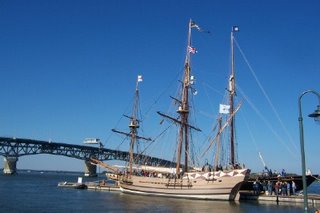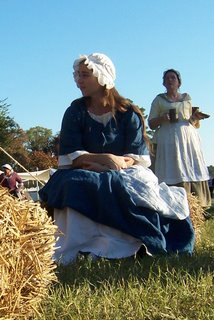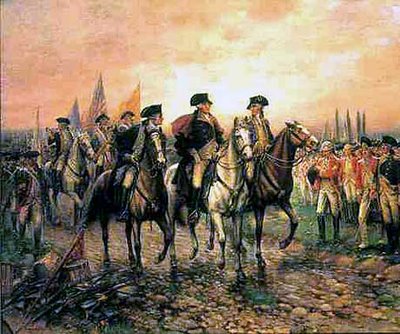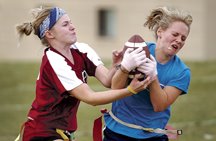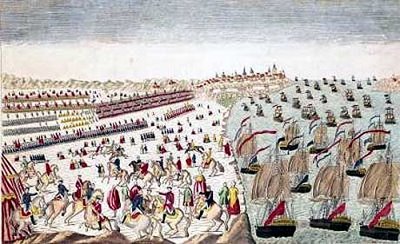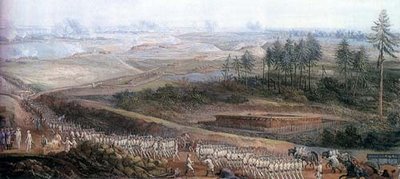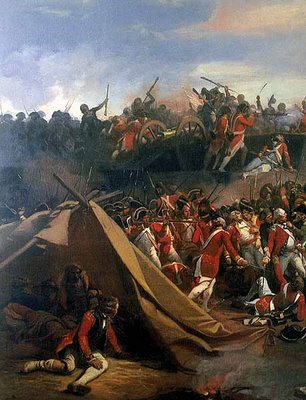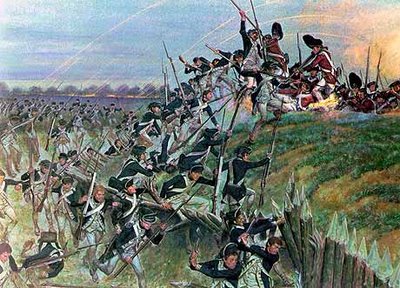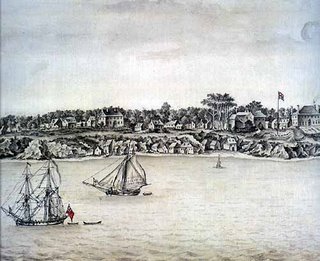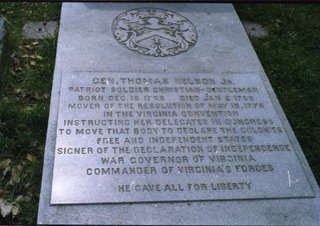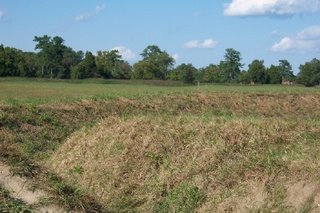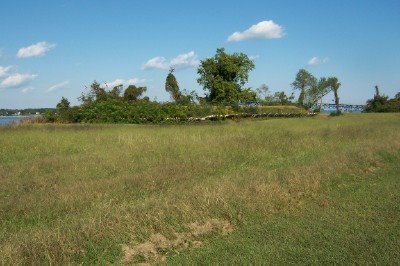When we moved into this house in 1997 the assessed value was $91,000. In 2001, perhaps realizing that this is an older house (built in 1948), the county lowered our assessment to $86,300.
Late last year, as a part of a county-wide reassessment, our valuation was raised to $155,000, an increase of 80%. We didn't get too freaked about it, unlike a lot of folks, because we realized that a mill levy adjustment would occur. We were right. Our property taxes did go up, but only $62 per year (7.4%).
Today we got a letter from the Board of Equalization notifying us that the property value is being increased again, this time to $244,400, a 58% increase over last year's new rate, and a total increase of 183% since two years ago.
What's going on? I have to find out ASAP. We've been given 13 working days to
"show cause against such increase. You must contact this office, in writing, on or before November 1, 2006 and provide substantial evidence that the proposed corrected assessment is erroneous and was not arrived at in accordance with generally accepted appraisal practice."
So, this should be entertaining. We'd be thrilled to learn this house is actually worth that much, but see no particular evidence of it ourselves. There's only been one house sold nearby lately, so I don't know how they arrived at the new figure.
In fact I
REALLY don't know how they got this figure, because their letter doesn't even break down which part of the new assessment is for the land and which part is the house. The old assessment was $51K for the land and $104K for the structure.
My speculation has to do with zoning. Some years ago the Board of Supervisors, in a mighty stroke of wisdom, decided that all properties that were within 300 feet of US 17 were to be zoned B-1. That includes us, but not the folks on the other side of the street. There have already been newspaper articles lately about people being saddled with outrageous tax assessments for falling in this zoning. Which is ridiculous, as these house have been here for decades. I could understand the land valuation going way up in this case, but if someone buys it for commercial property they're not going to want an old house. That's coming down in a flash.
Or, most suspiciously, this notice arrived a day after we were seen speaking in public with some of the few known Democrats in the county.
Well, I'll call them tomorrow and see what they can tell me about
their rationale.
UPDATE: I spoke with the county on Friday, and the increase was entirely concerned with increasing the value of our lot under the B-1 zoning. They feel that our 1/4 acre is worth $140,400. I'm impressed. I had no idea that building lots even here, so close to the edge of the known universe, went for over a half million dollars per acre. I'm starting to feel I have some grounds for appeal.

